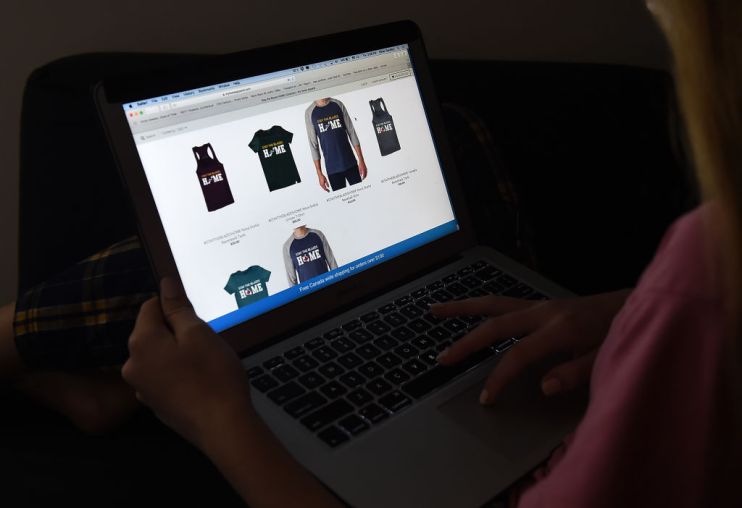Coronavirus: UK spooks block 2,000 scams in Covid-19 cyber campaign

British spy chiefs have taken down more than 2,000 online scams linked to coronavirus in the last month as they crack down on cyber criminals trying to exploit the health crisis.
The National Cyber Security Centre (NCSC) said it had closed down 471 fake online shops selling fraudulent virus-related items, as well as 555 malware distribution sites.
The NCSC, which is part of GCHQ, also identified phishing sites targeting passwords and credit card details and hundreds of advance-fee frauds, where a large sum of money is promised in return for a set-up payment.
It came as the agency today launched a new spam reporting service, allowing the public to flag suspicious emails.
The service, launched in partnership with the City of London police, means people can forward any dubious emails to report@phishing.gov.uk. They will then be tested by the NCSC’s automated security programme.
The measures form part of a cross-governmental Cyber Aware campaign, which offers advice on how to protect passwords and devices amid fears scammers are attempting to exploit increased use of internet-connected devices during the crisis.
“Technology is helping us cope with the coronavirus crisis and will play a role helping us out of it – but that means cyber security is more important than ever,” said NSCS chief executive Ciaran Martin.
“With greater use of technology, there are different ways attackers can harm all of us. But everyone can help to stop them by following the guidance campaign we have launched today.”
The new service includes advice on secure video conferencing as millions of people hold virtual meetings and social events during the pandemic.
Video platform Zoom has come under fierce scrutiny for its security practices following a spate of so-called Zoombombing incidents in which uninvited users hijack private calls.
Minister for security James Brokenshire said: “Criminals are seeking to exploit our greater use of emails, video conferencing and other technologies for their advantage.
“It’s despicable that they are using the coronavirus outbreak as cover to try to scam and steal from people in their homes. We all have a part to play in seeing they don’t succeed.”